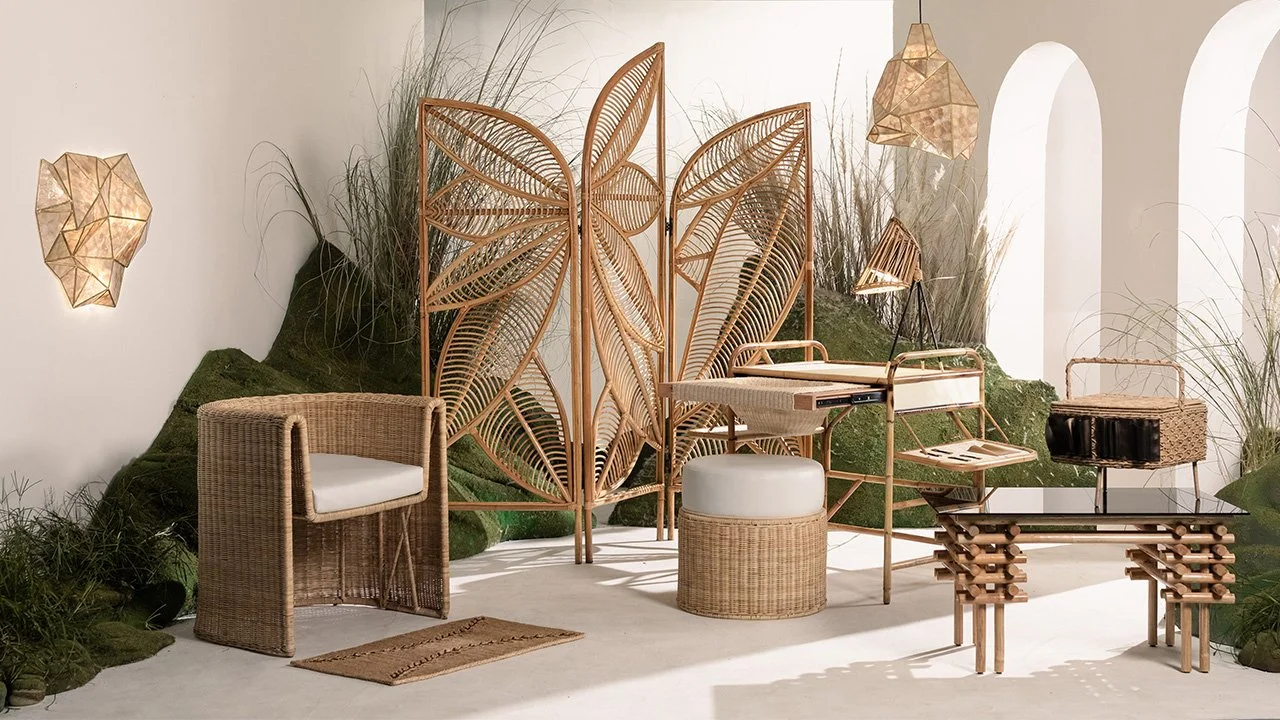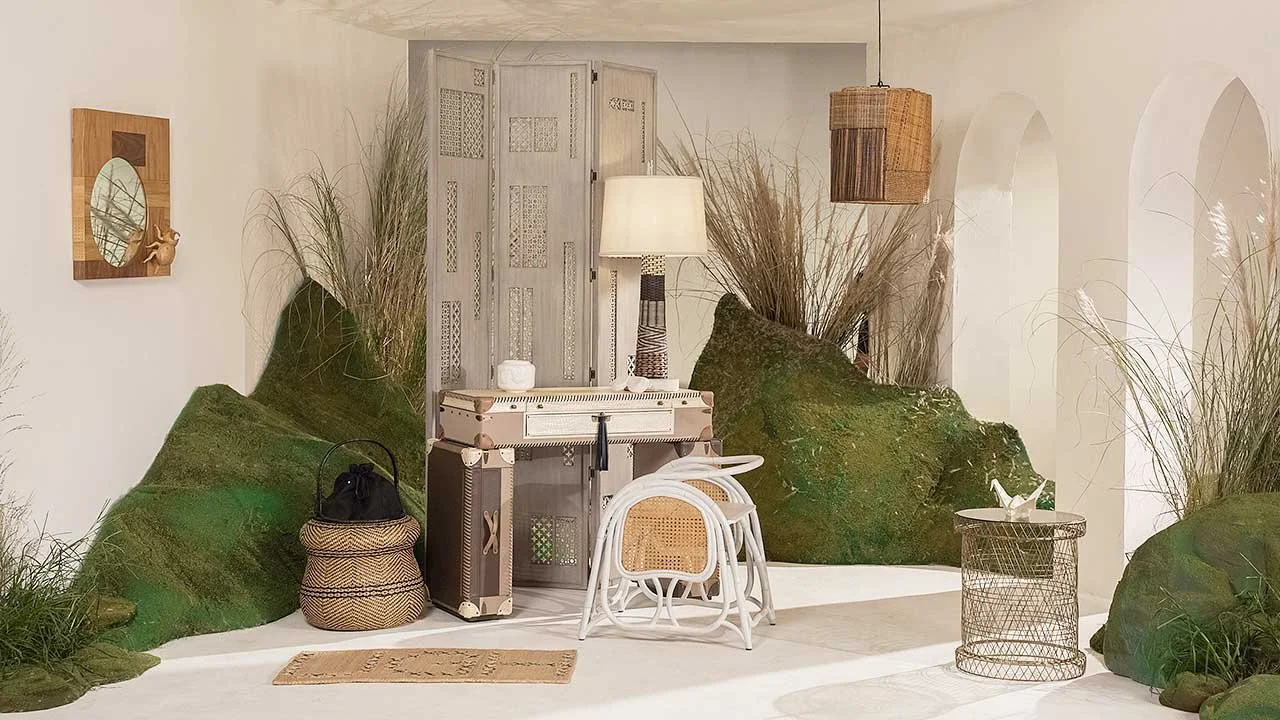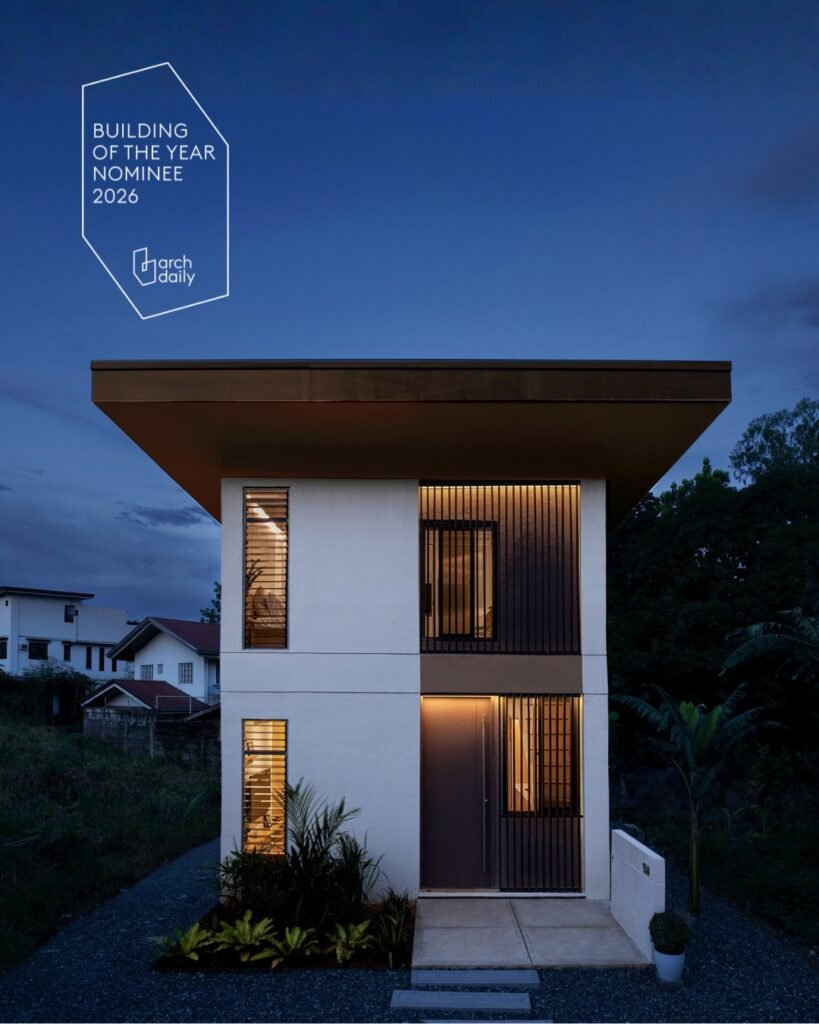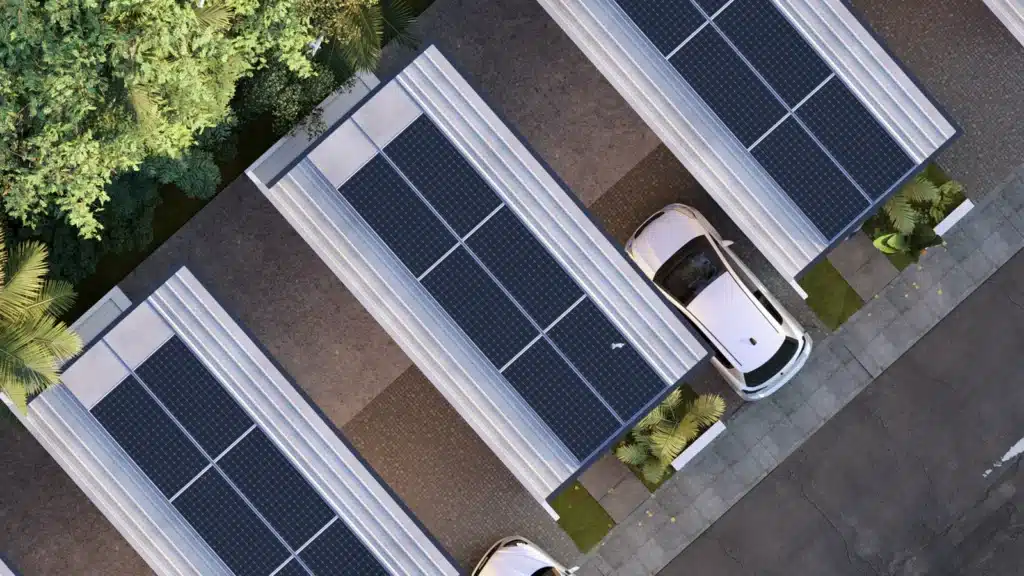Photo: FAME+
A net-zero home embraces the principles of sustainability, utilizing innovative technologies, eco-friendly materials, and intelligent design strategies to create a harmonious living space that not only reduces carbon footprint but also enhances the overall well-being of its occupants.
When it comes to the house interior design of a net-zero home, sustainability and style are combined to create a truly remarkable living space. Every aspect of the interior design is meticulously curated to minimize energy consumption while maximizing comfort and visual appeal. Here, innovative design meets ecological consciousness to ensure an aesthetically pleasing living experience.
Energy Efficient Lighting
One crucial aspect of net zero homes is their lighting design, which plays a pivotal role in both energy efficiency and the overall ambiance of the living space. Energy-efficient lighting serves as a cornerstone of net zero homes.
LED lights offer a multitude of benefits that make them ideal for energy-efficient lighting in net zero homes. LED lights are exceptionally energy efficient, consuming significantly less energy than traditional incandescent or fluorescent bulbs. They convert a higher percentage of the energy they consume into light rather than heat, according to Open Access Government. Furthermore, LED lights have an impressive lifespan, lasting significantly longer than other lighting options.
Intelligent lighting controls and systems are also employed in net zero homes to optimize energy usage and enhance the overall functionality of the home. One popular approach is the integration of smart lighting systems that can be controlled remotely through smartphones or voice commands.
Natural lighting also plays a crucial role in the lighting design of net zero homes. Large windows, skylights, and strategically placed openings maximize the use of natural light, reducing the need for artificial lighting during daylight hours.
Efficient HVAC Systems
One critical aspect of net zero homes is their HVAC (Heating, Ventilation, and Air Conditioning) systems, which play a pivotal role in ensuring comfort while minimizing energy consumption. According to ACHR News, one of the key principles in achieving energy efficiency is the integration of advanced insulation and airtight building envelopes, which significantly reduce the need for excessive heating or cooling.
In net zero homes, the HVAC systems are designed to operate with high energy efficiency ratings. This includes the use of high-performance heat pumps, geothermal systems, or solar thermal systems for heating and cooling purposes.
Another crucial aspect of efficient HVAC systems in net zero homes is the implementation of advanced ventilation strategies. Proper ventilation not only ensures the supply of fresh air but also helps regulate indoor humidity levels and remove indoor pollutants. Furthermore, intelligent controls and zoning play a significant role in optimizing the efficiency of HVAC systems in net zero homes.
The integration of renewable energy sources, such as solar panels or wind turbines, further enhances the efficiency of HVAC systems in net zero homes. These renewable energy systems can power the HVAC systems directly, reducing reliance on the electrical grid and providing clean energy for heating, cooling, and ventilation processes.
Hydroponics and Aquaponics Systems
Photo: The Aquaponics Source
Hydroponics and aquaponics systems have emerged as innovative and efficient methods for cultivating fresh produce within the confines of net zero homes. According to Trees.com, hydroponics is a soilless cultivation method that relies on nutrient-rich water solutions to grow plants.
Aquaponics, on the other hand, takes hydroponics a step further by integrating aquaculture, which involves raising aquatic animals such as fish, with hydroponics, as per Trees.com. The waste produced by the aquatic animals serves as a nutrient source for the plants, while the plants naturally filter the water, creating a symbiotic relationship.
In net zero homes, hydroponics and aquaponics systems provide numerous benefits. Firstly, these systems allow for year-round cultivation of fresh produce, regardless of climate or outdoor conditions. Another key advantage of hydroponics and aquaponics is their resource efficiency. These systems use significantly less water compared to traditional soil-based agriculture.
Furthermore, hydroponics and aquaponics systems in net zero homes can be integrated with renewable energy sources. Solar panels or wind turbines can power the lighting and pumps required for these systems, ensuring that the energy used in cultivation is clean and sustainable.
Furniture in Net Zero Homes
Photo: FAME+
One essential aspect often overlooked in net zero homes is the furniture. In net zero homes, furniture choices play a crucial role in achieving sustainability goals while providing comfort and style.
One of the primary considerations in selecting furniture for net zero homes is the use of sustainable materials. Opting for materials with a low carbon footprint, such as reclaimed wood, bamboo, or recycled plastic, helps reduce deforestation, conserves resources, and minimizes waste. These eco-friendly materials can be sourced from responsibly managed forests or repurposed from existing products, giving them a new life and diverting them from landfills.
In addition to sustainable materials, furniture in net zero homes can be designed to be multi-functional and space-efficient. Utilizing modular furniture pieces that can be easily reconfigured or folded allows homeowners to maximize space utilization and adapt to changing needs.
Another key aspect of furniture in net zero homes is longevity. Investing in durable, high-quality furniture reduces the need for frequent replacements. By choosing well-crafted pieces, homeowners can minimize waste and contribute to a circular economy. Additionally, furniture with removable or replaceable parts allows for easy repairs and refurbishments, extending its lifespan and reducing the overall environmental impact.
Why We Should Embrace Sustainable House Architecture
Embracing sustainable house architecture is imperative for the well-being of both individuals and the planet. It allows us to address global challenges such as climate change, resource depletion, and environmental degradation while improving our quality of life. Sustainable homes minimize our carbon footprint, promote resource efficiency, enhance indoor air quality, and offer economic benefits. By choosing sustainable house architecture, we can make a meaningful impact on the world.
At BillionBricks, we support sustainable house architecture through our advocacy to build net zero homes and communities. We believe that through this, sustainability can be attained in the future. To know more about our BillionBricks and our net-zero homes and communities, please email us at hello@billionbricks.org
Sources
-
Aterra Designs (n.d.). Energy Efficient Lighting Can Be Your First Step Towards a Net Zero Home. Retrieved from https://aterradesigns.com/blog-energy-efficient-lighting-can-be-your-first-step-towards-a-net-zero-home/
-
Open Access Government. (2022). Transitions to efficient LED lighting can mitigate the energy crisis. Retrieved from https://www.openaccessgovernment.org/transitions-to-efficient-led-lighting-can-mitigate-the-energy-crisis/138818/
-
Effect Homes. (2020). The Influence Hvac Plays in Net-Zero Homes. Retrieved from https://effecthomes.ca/the-influence-hvac-plays-in-net-zero-homes/
-
ACHR News. (2021). HVAC Plays Central Role in Achieving Net Zero Energy Buildings. Retrieved from https://www.achrnews.com/articles/152330-hvac-plays-central-role-in-achieving-net-zero-energy-buildings
-
The Aquaponic Source. (n.d.). What is Aquaponics? Retrieved from https://www.theaquaponicsource.com/what-is-aquaponics/
-
Trees.com. (2022). Hydroponics vs. Aquaponics – A Complete, and Honest Comparison. Retrieved from https://www.trees.com/gardening-and-landscaping/hydroponics-vs-aquaponics







